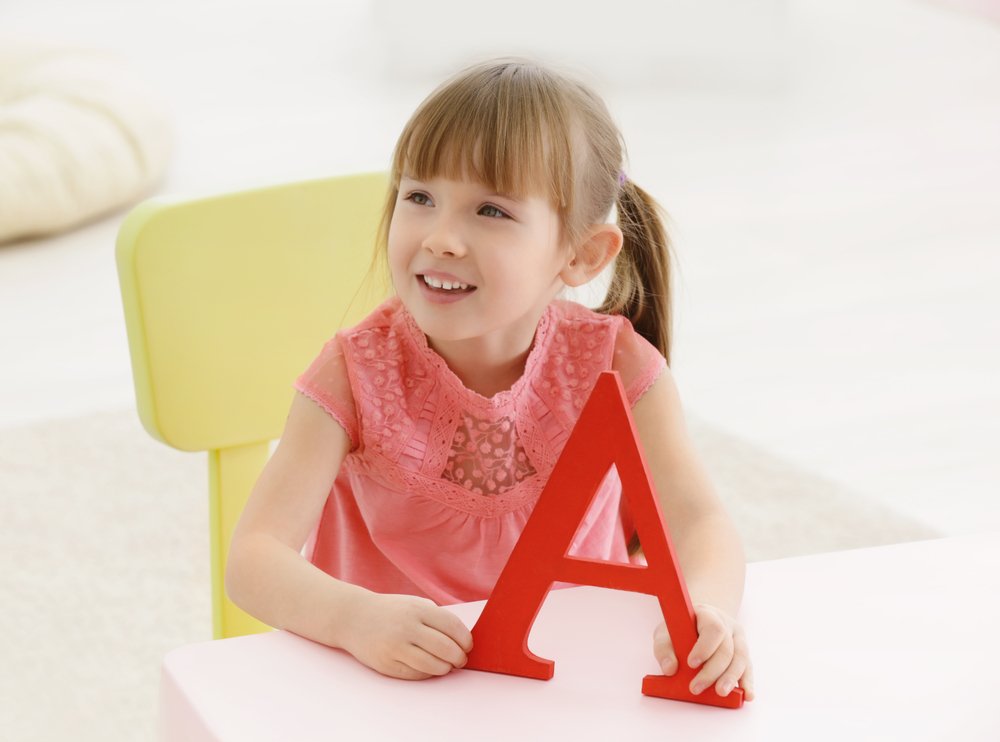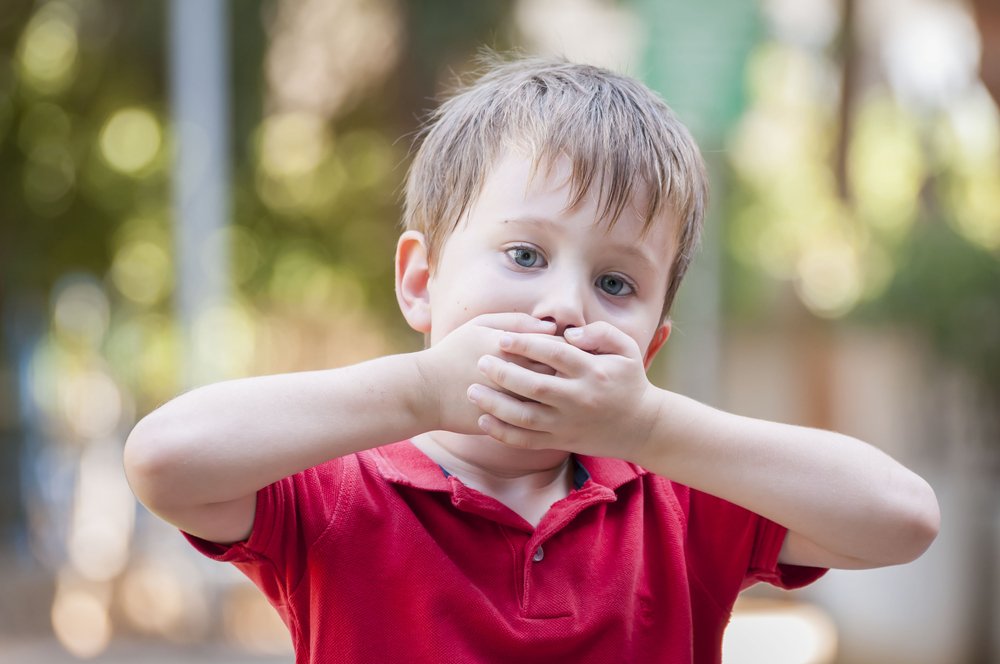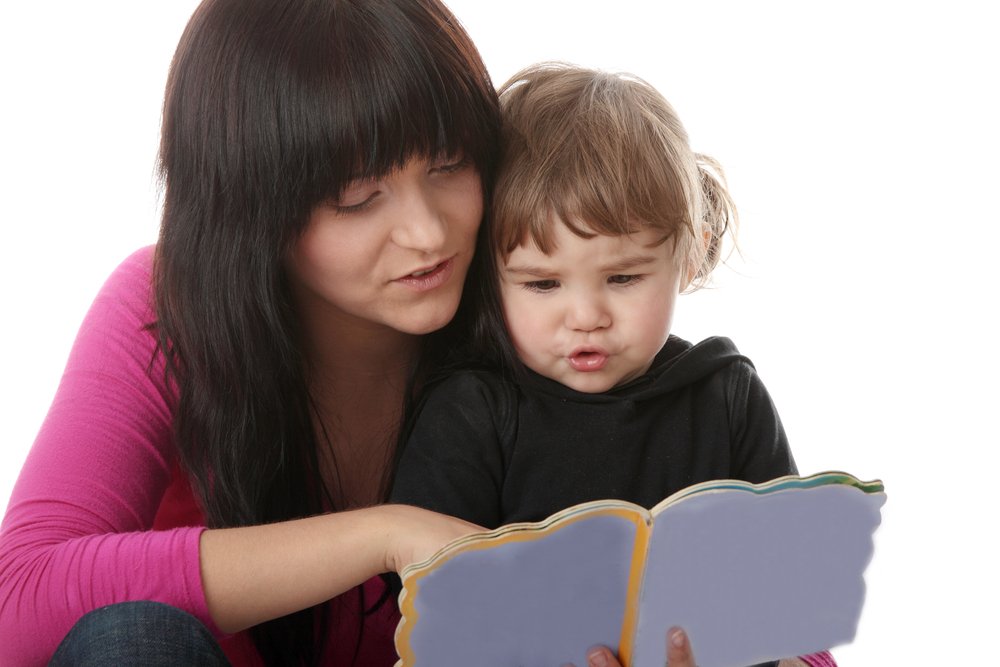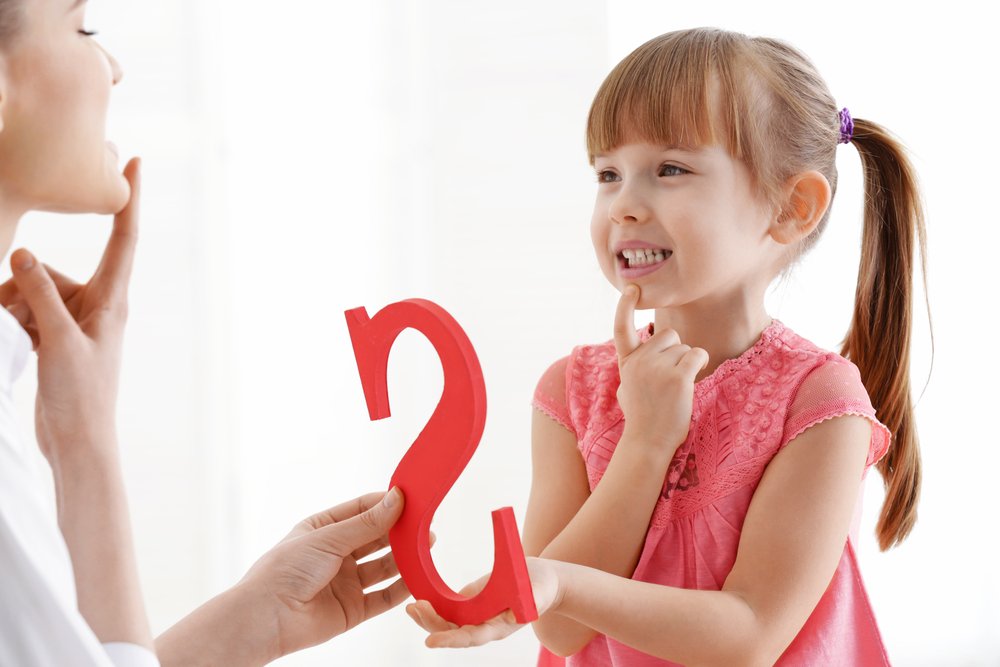
How to encourage my little one’s language development
Key points: Language skills start developing from birth through everyday interactions with caregivers. Talking with children during daily routines and encouraging them to…
Discover the key milestones of physical, cognitive, linguistic and socio-affective child development and understand the science behind child development.
Discover the key milestones of physical, cognitive, linguistic and socio-affective child development and understand the science behind child development.

Key points: Language skills start developing from birth through everyday interactions with caregivers. Talking with children during daily routines and encouraging them to…

Key points:1. Children’s first sentences are a significant milestone in language development.2. Between 18 and 24 months, they begin forming two-word phrases.3. By…

Key points:1. Communication is vital for sharing ideas and feelings.2. Children develop communication skills rapidly in early years.3. Listening, asking questions, and respecting…

Key points:1. Nursery rhymes prepare children for learning to read by teaching phonemes and spelling.2. Phonological awareness is the first step in reading…

Key points:1. Children naturally learn language and grammar rules through use.2. They acquire the specific dialect of those around them.3. Children use pronouns…

Key points:1. Preschool years exhibit significant variation in language development.2. Talkativeness doesn’t equate to intelligence or vocabulary richness.3. Language differences often even out…

Key points:1. A two-year-old’s receptive language is developing rapidly, understanding around 200-300 words.2. Receptive language is the ability to understand words and their…

Key points:1. Phonological awareness is crucial for literacy development in preschoolers.2. Teach your child the sounds of letters, not just their names.3. Engage…

Key points:1. Children’s language development is linked to their ability to recognize patterns.2. A study with 6 to 8-year-olds found a strong connection…

Key points:1. Stuttering in children around age two or three is common and often temporary.2. Actual stuttering is when it persists for over…

Key points:1. Around age three, children have a vocabulary of 300 or more words and can acquire 4-6 words daily.2. Improved language skills…

Key points:1. Around age two, children understand and start using more words, forming sentences.2. Avoid comparing your child’s language skills to others of…

Key points:1. Reading with preschoolers builds vocabulary and strengthens the parent-child bond.2. Making reading a daily routine, like bedtime, is a great idea.3….

Including reading time in your daily routine not only boosts the language development, but provides you with special one-on-one quality time that strengthens…

Key points: Reading with your preschooler enhances their language skills and strengthens your emotional connection. Choose books with attractive illustrations, favorite characters, and…

Key points: Language acquisition is a complex process involving cognitive and physical development. Phonemes are units of speech sounds in every language. Children…

Key points: Children around 36 months start using more advanced vocabulary. They name smaller body parts like eyebrows, nails, and knees. Expose them…

Key points:1. Reading with your preschooler promotes language development and bonding.2. Choose a suitable time for reading, like bedtime, to unwind and relax…

Key Points: 1. Create opportunities for interaction with your child by placing desired items out of their reach, encouraging identification of everyday objects,…

Key points: 1. Singing to infants, like lullabies and nursery rhymes, is a vital part of language development, preparing them for language acquisition…

Including reading time in your daily routine not only boosts your kid’s language development, but it provides special one-on-one quality time that strengthens…